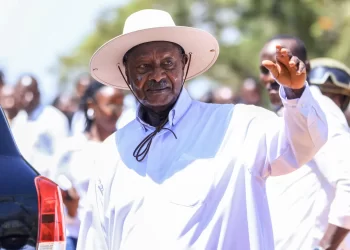The former United Nations Special Representative of the Secretary-General for West Africa and the Sahel, Ambassador Mohamed Ibn Chambas, has called for greater unity among West African states.
In his view, this is the only way to build a resilient and sustainable sub-regional community.
Speaking at the Republic Day Lectures in Accra, he acknowledged the troubling times the Economic Community of West African States (ECOWAS) finds itself in, stating, “the exit of the AES is, without doubt, the most vexing challenge to the existence of ECOWAS.”

Disconnect between ECOWAS actions and realities
Ambassador Chambas noted that this development—and the events that preceded it—have exposed a disconnect between ECOWAS’ responses and the West African region’s realities.

He stated that the catalyst for the exit of the three Sahelian nations (Burkina Faso, Mali, and Niger) had been the mishandling of the military takeover in Niger, particularly the swift imposition of sanctions and threats of military intervention.
New threats demand new thinking
He also pointed out that the continent now faces new and complex threats, requiring not only unity but tangible developmental collaboration.
He stressed the importance of shared progress in roads, electricity, the free movement of goods and people, and improved infrastructure, which he believes could lay the foundation for lasting peace in the sub-region.
Defence Minister backs call for strategic collaboration
Minister of Defence, Dr. Edward Omane-Boamah, echoed the call for unity, stating that now is the time for West African countries to pursue greater collaboration in an increasingly volatile world.

“It is time to think strategically about leveraging collective strength to promote peace, stability, and development in West Africa,” he said.
He emphasised that by prioritising collective action, West African nations can effectively address pressing challenges and build a more secure and stable future.













